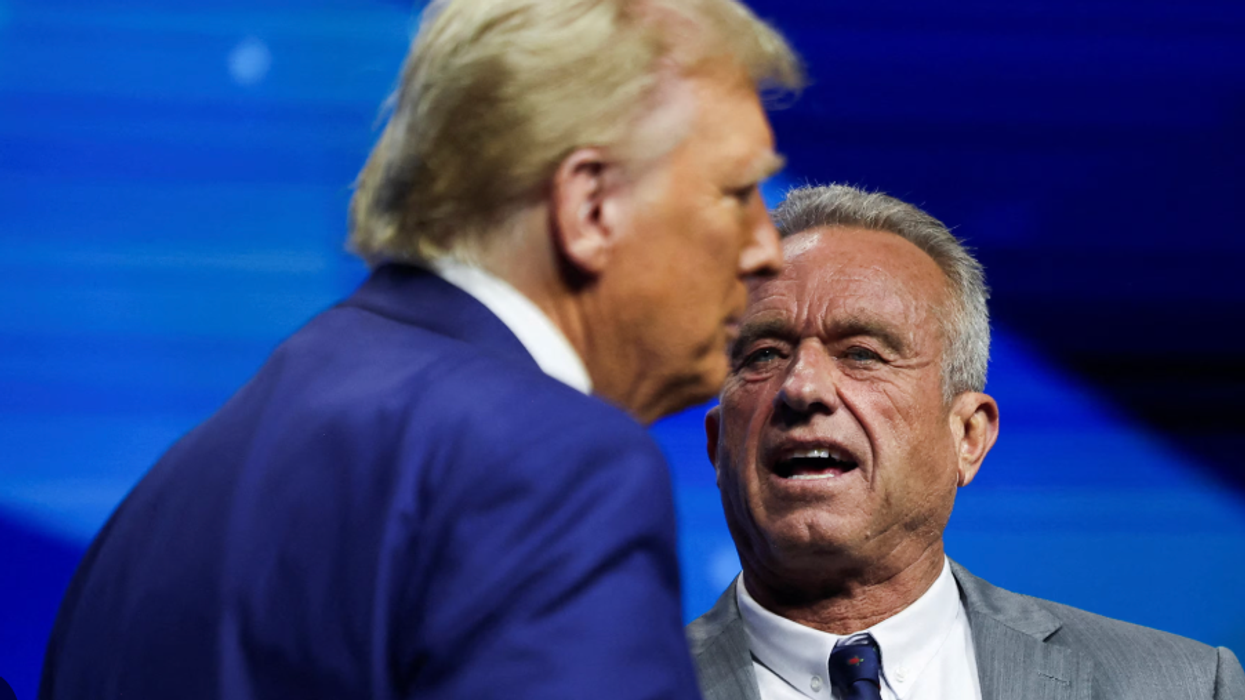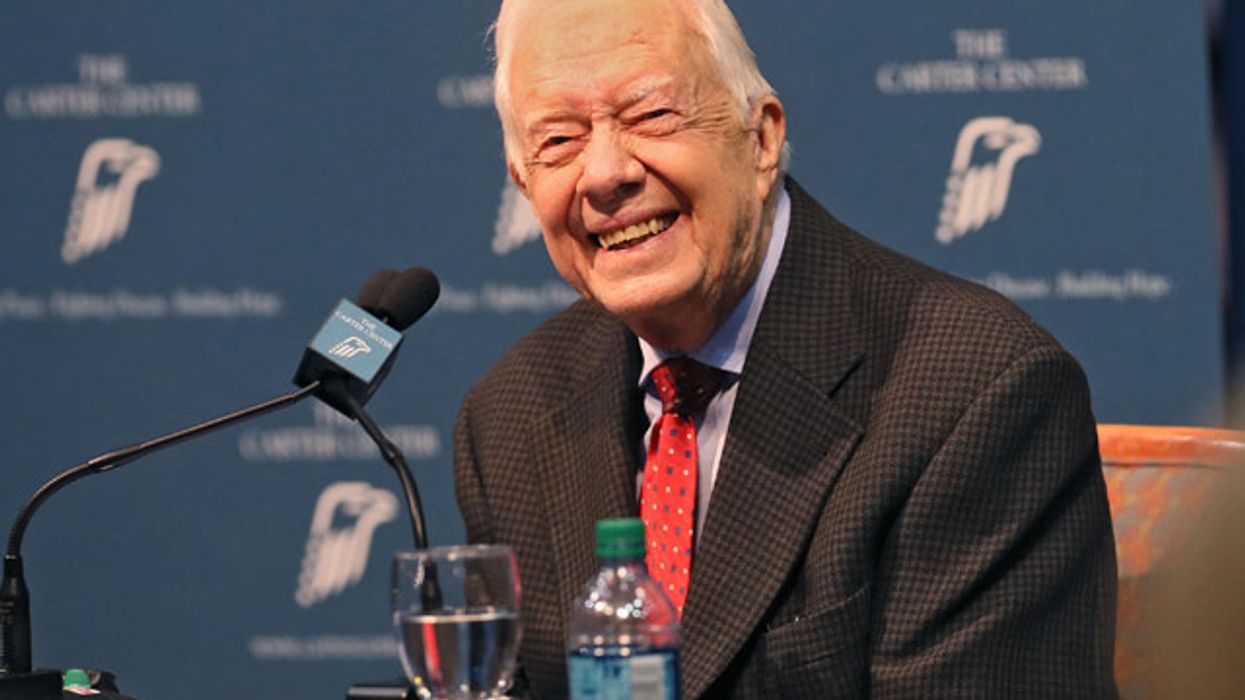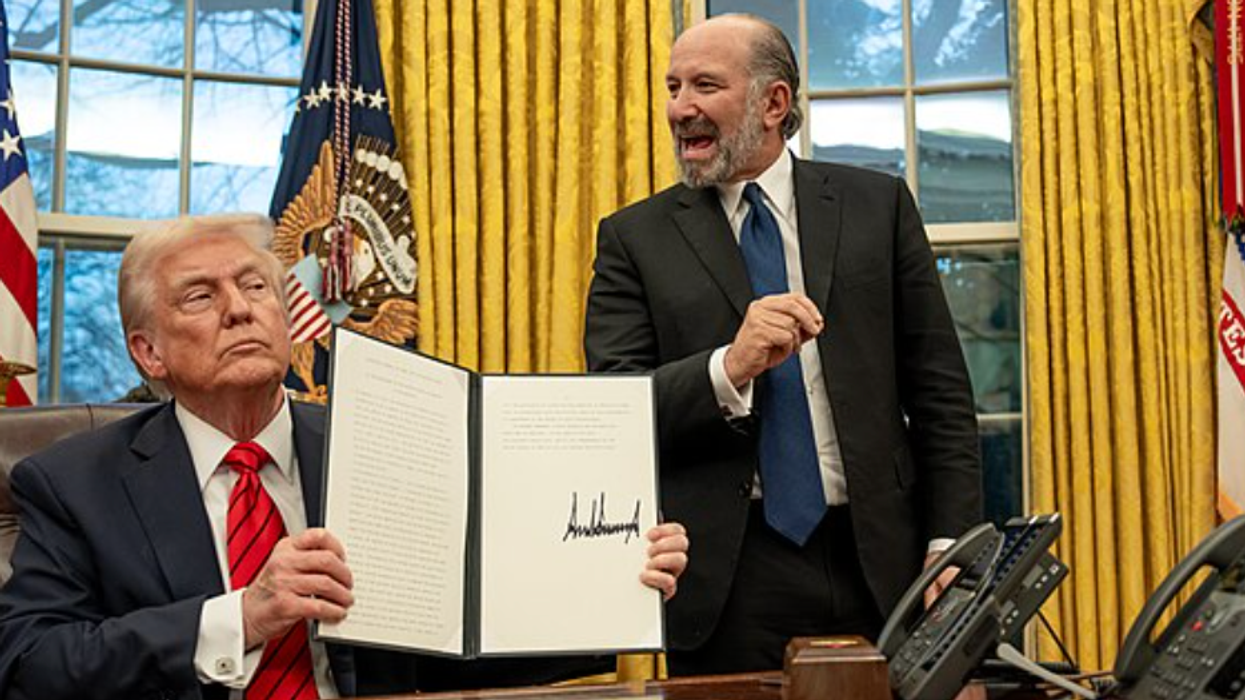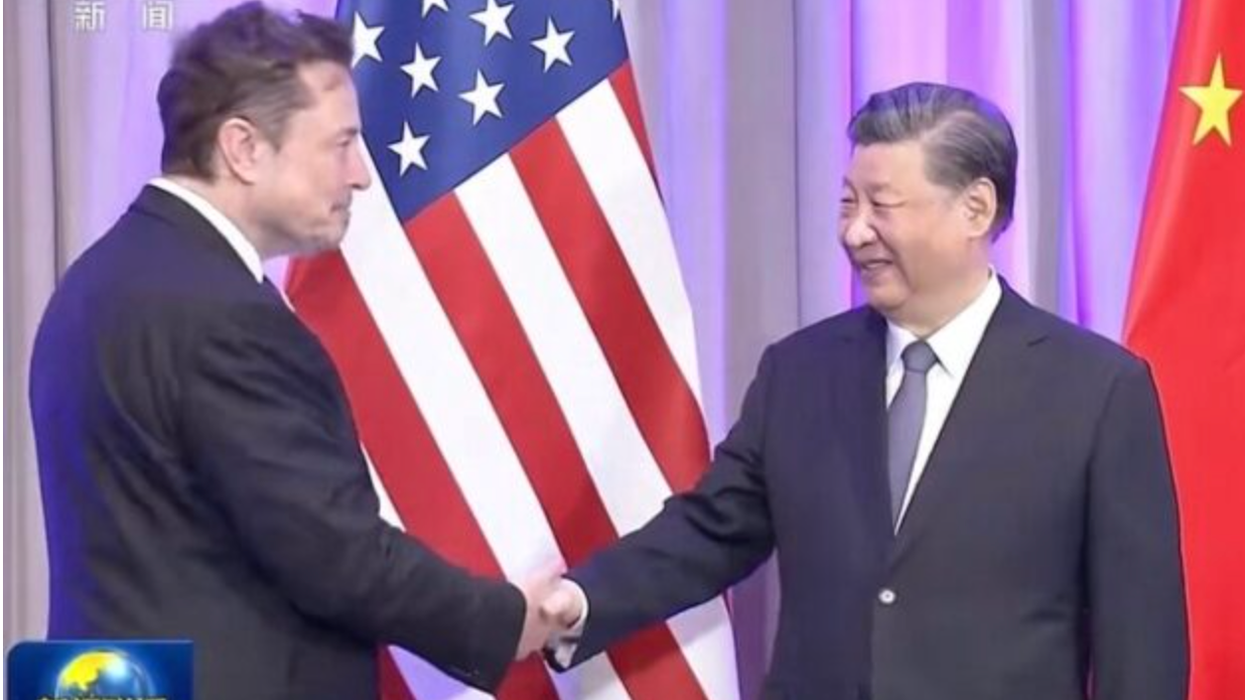Kennedy Distorting FDA Advisory System With Crackpots And Bias
The Food and Drug Administration last week convened an expert panel to warn women about the dangers of using anti-depressants during pregnancy. It wasn’t billed that way. It was billed as a listening session for FDA officials to hear “world renowned experts” on the issue.
This wasn’t an advisory committee. It was a presentation committee, where each of the panelists made five- to seven-minute presentations with no one from the public allowed to speak or ask questions.
The 10-person roster, seven of whom were men, was larded with critics who have spent their careers attacking the science behind anti-depressants and questioning their use, both in pregnancy and in general psychiatry. They included David Healy, the British physician who has written books attacking the use of seritonin reuptake inhibitors (SSRIs) in particular (the subject of the hearing), and has served as a paid consultant for trial lawyers suing the companies that make Prozac, Zoloft and Paxil.
The hearing’s presiding officer was Tracy Beth Høeg, who was a sports medicine physician and professor of management (not medicine) at the Massachusetts Institute of Technology prior to joining the FDA in March as senior advisor to Commissioner Marty Makary. The Danish-American dual citizen rose to prominence in conservative circles during Covid as a vaccine and lockdown skeptic.
At the outset of the hearing, Høeg asked each of the ten panelists making presentations to declare their conflicts of interest. None did. One said he had no conflicts. The rest ignored the request and never addressed the issue, even though three of the panelists (including Healy) had jointly issued a paper in 2019 disclosing they worked as consultants in anti-SSRI litigation. That paper suggested SSRI use during pregnancy leads to genetic “malformations,” a claim refuted by other studies.
Lizzy Lawrence of Stat News reported: “9 out of 10 panelists have either been paid witnesses in litigation involving antidepressants, run media platforms rooted in SSRI skepticism, or have published research pointing to the drugs’ potential risks in developing babies. Many share the views of health secretary Robert F. Kennedy Jr., who has called SSRIs harder to quit than heroin and has falsely linked them to mass shootings.”
The use of SSRIs during pregnancy or at any time remains controversial. The clinical trials that led to their FDA approval showed they barely beat placebo when treating mild to moderate depression, their most frequent use. Still, many people who take the pills swear by them.
Only an estimated 5% of pregnant women take the drugs, with many stopping treatment as soon as they become pregnant in order to avoid their well-publicized but rare risks, which include pre-eclampsia (organ damage due to elevated blood pressure), pre-term birth and postpartum hemorrhage. On the other hand, untreated depressed pregnant women face heightened but still rare risk of suicide, substance abuse, pre-term birth, pre-eclampsia, and low birth weight.
The Society of Maternal-Fetal Medicine, which represents more than 6,000 OB-GYNs (and takes money from the pharmaceutical industry for its medical education programs), issued the following statement after the hearing:
“As with all medications during pregnancy, the potential risks of antidepressants should be weighed against the benefits to maternal and fetal health. The available data consistently show that SSRI use during pregnancy is not associated with congenital anomalies, fetal growth problems, or long-term developmental problems. Evidence also shows that depression during pregnancy is the strongest predictor of postpartum depression, and discontinuing antidepressants is associated with a relapse of major depression.”
That’s exactly what happened to Jessica Grose, an opinion writer for the New York Times. In a moving essay in her weekly newsletter, she described her own relapse into major depression after stopping her medications when pregnant with her first child. She eventually restarted her meds, stabilized her condition, and bore the first of two healthy, full-term children. Here’s what she was hoping to learn from the hearing:
“I was hoping for an in-depth, nuanced discussion of the benefits versus the risks of these well-studied drugs. I wanted someone to talk about how mental health care is inaccessible for so many pregnant women, and why those who would benefit from talk therapy alone may not be able to get it. I wanted to hear them discuss how ashamed many pregnant women feel if they are struggling with their mental health, because there is so much pressure to be joyful and glowing. But that’s not what happened. Most of the panelists were clearly biased against antidepressant use.”
That’s a completely accurate assessment of the two hours of presentations, which I watched yesterday for the first time. The meeting was completely at odds with normal FDA procedures for running advisory committees.
This is not the first “listening session” the FDA has held since Makary took over (I reported on the one on hormone replacement therapy here). Nor will it be the last. The FDA has only held seven regular advisory committee meetings since Trump took office and Makary assumed the reins at FDA. That compares with 20 between February and July, 2024.
Rather than giving FDA regulators informed and contrasting presentations about controversial drugs, medical devices or vaccines awaiting decisions, the agency’s head is increasingly forcing professional staff to fly blind.
How sad. Makary and his boss, Robert F. Kennedy Jr., came into office declaring they’d adhere to full transparency in their dealings with the public. They also promised to eliminate conflicts of interest from the committees advising the Health and Human Service Department’s various sub-agencies. What we’re getting instead is a complete lack of transparency and committee members that may not have ties to industry but are ideologically biased with financial ties to other parties with a stake in the agency’s decisions.
This will have two pernicious effects should it continue. First, it will limit the information flow to FDA staff, which will make their drug, device and vaccine approval decisions, especially when it’s a close call, increasingly prone to error. Second, it will isolate the professional staff from the external academic, NGO and patient advocacy world, which will make them more vulnerable to political pressure by political appointees with their own agendas.
Merrill Goozner is a former editor of Modern Healthcare, where he wrote a weekly column. He is also a former reporter for The Chicago Tribune and professor of business journalism at New York University.
Reprinted with permission from Gooznews Substack. Please visit and consider subscribing.
Reprinted with permission from Gooz News.












